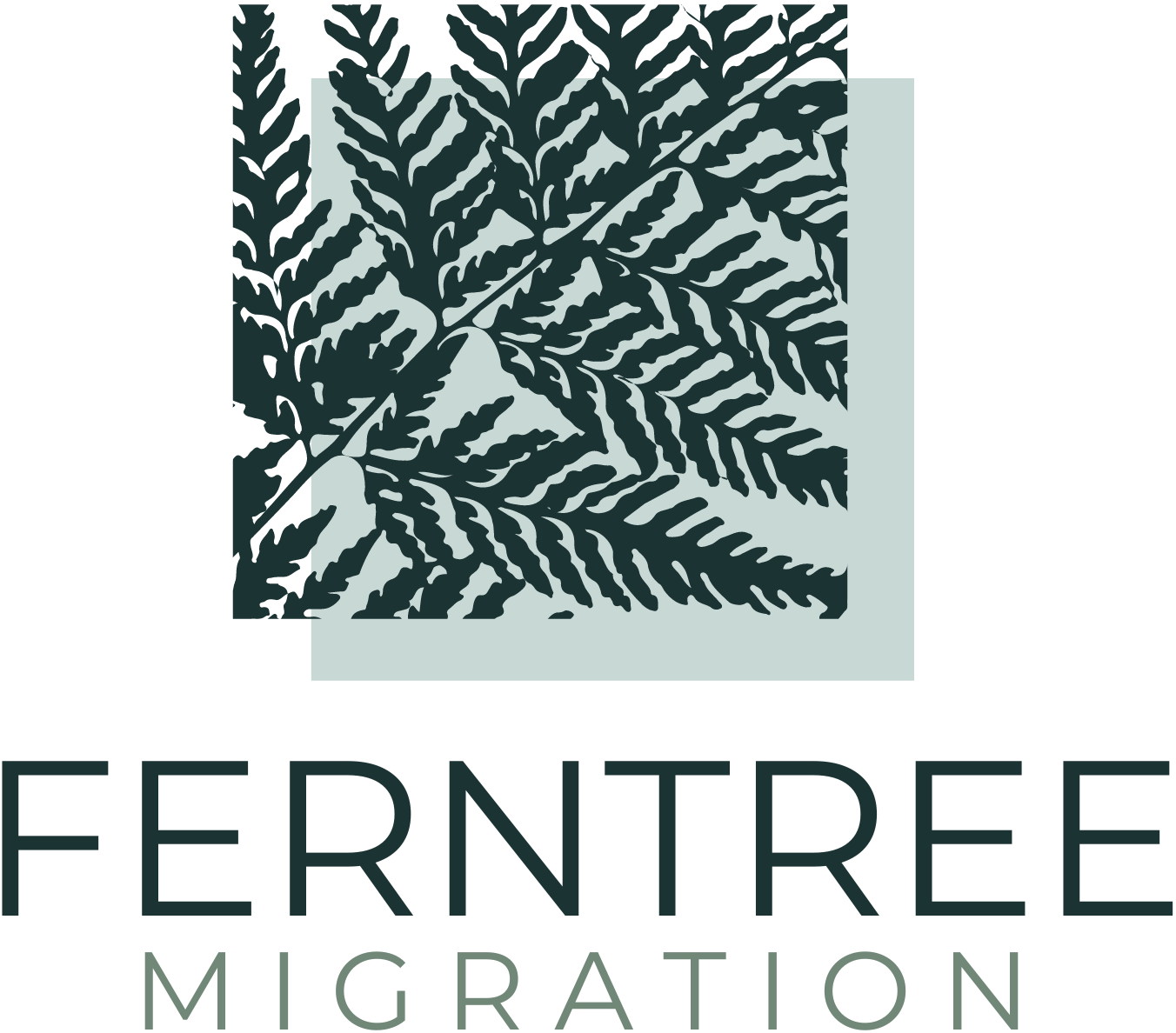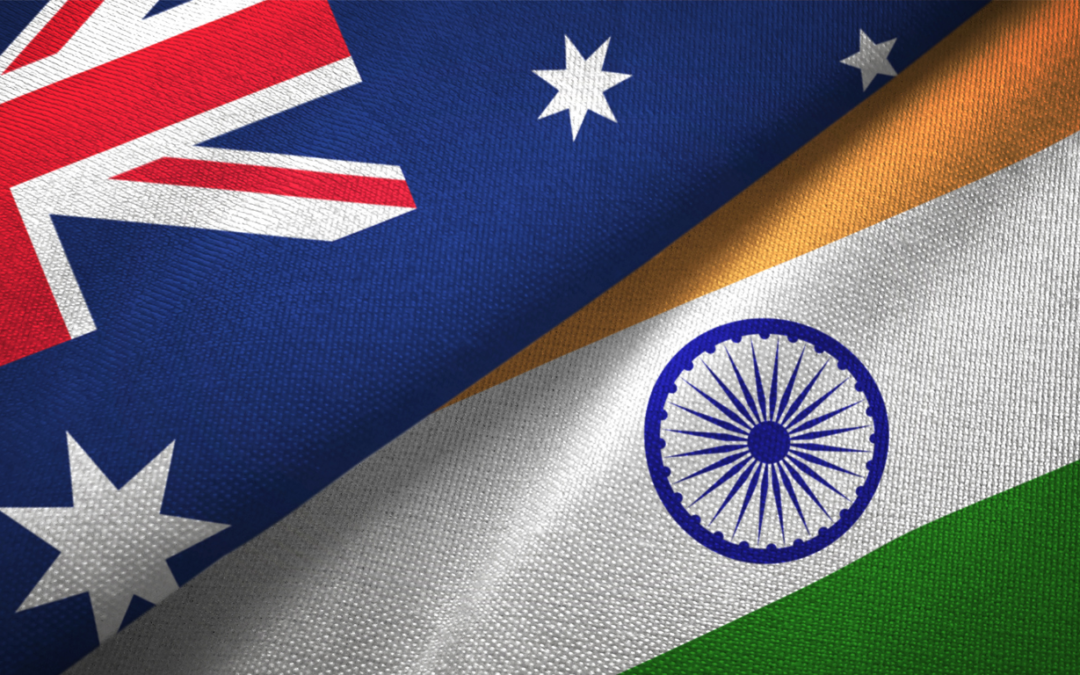The Australia-India Economic Cooperation and Trade Agreement (ECTA) came into force yesterday (29 December 2022).
The Department of Foreign Affairs and Trade (DFAT) states it will create new opportunities for Australian services suppliers and professionals doing business in India and will provide unprecedented access into the world’s fastest-growing major economy and Australia’s third-largest services export market.
The ECTA is undoubtedly positive, and I welcome its arrival.
But how will the ECTA affect Australia’s migration program?
The DFAT website states that ‘Australia has agreed to provide India with mobility outcomes consistent with existing visa and commitments made in our previous free trade agreements. This includes equivalent commitments on categories of entrant, length of stay, spouses and dependents, but does not include a waiver of labour market testing. Current sponsorship requirements for employers who want to hire overseas workers will remain after ECTA enters into force.’
This is perhaps a missed opportunity. India, particularly pre-covid, was one of our central migrant source countries. Moving forward, it is also a country we must rely on to address our skill shortage issue.
Home Affairs has published a profile of permanent and temporary migration trends from India, and it is well worth a look to see who has been arriving on our shores from India over the last 5-years.
Given we are in the middle of a skill shortage, it would have been better, in my opinion, to have made it easier for Australian employers to access highly qualified and skilled workers by including a waiver of labour market testing.
However, there are some huge positives. Particularly for those coming to study in Australia. The ECTA confirms post-study work rights and will extend access for STEM graduates.
The ECTA confirms ‘opportunities will be maintained for former Indian students to live, study and work temporarily upon completion of a diploma or trade qualification (up to 18 months), bachelor degree (up to two years), masters degrees (up to three years) or doctoral degree (up to four years).’
The ECTA also confirms ‘an additional year will be available for Indians who graduate with bachelor degrees in STEM and ICT with First Class Honours (from two to three years).’
And finally, the ECTA will also provide new access for young Indians to participate in working holidays in Australia. DFAT confirms places in Australia’s Work and Holiday program will be set at 1,000 per year, which will be expected to contribute to both workforce requirements and tourism in regional Australia.
There are some gains for Indian migrants, particularly those looking to come to Australia to study. We need to attract the best and the brightest and not lose their skills, particularly if they have undertaken their higher education and training here.

